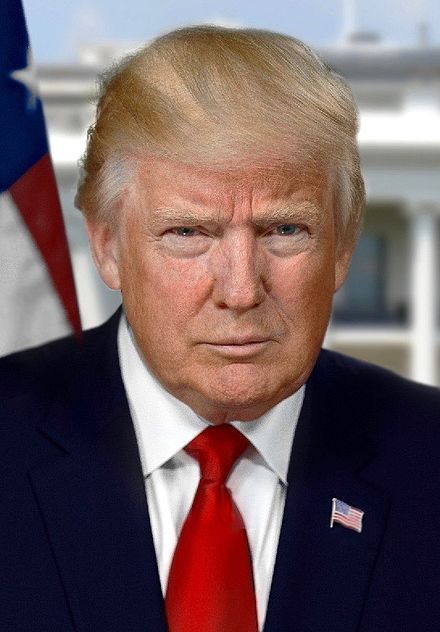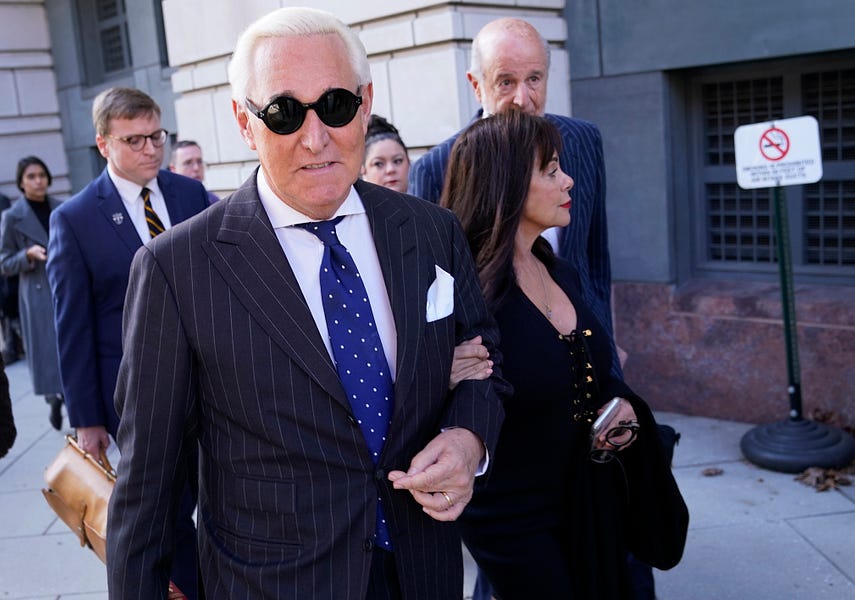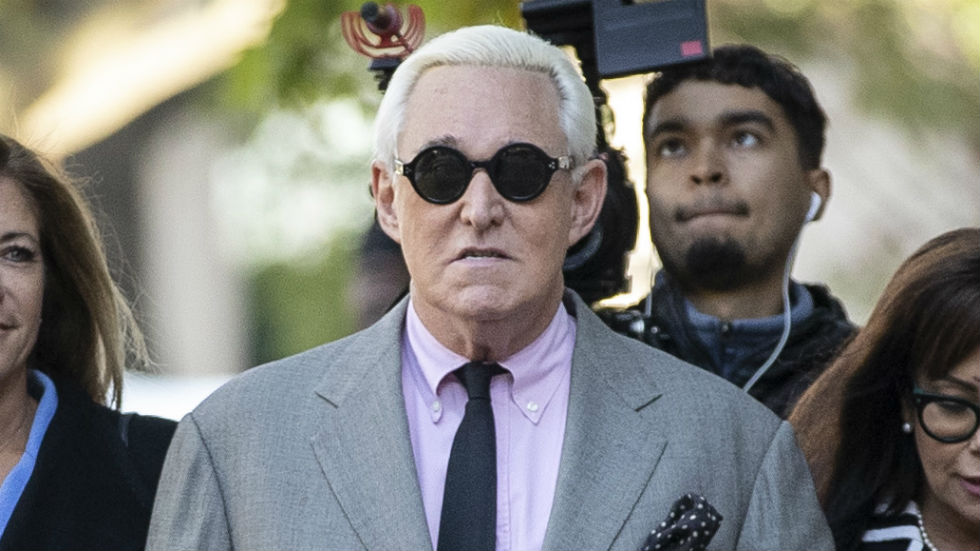superchuck500
U.S. Blues
Offline
Jury selection will begin Tuesday morning. Note that Steve Bannon intends to testify for the prosecution.
https://www.politico.com/story/2019/03/14/roger-stone-trial-1221289
https://www.law.com/nationallawjour...n-roger-stones-trial/?slreturn=20190931143946
Roger Stone will go on trial starting Nov. 5 in Washington, the federal judge presiding over the high-profile case said Thursday.
U.S. District Court Judge Amy Berman Jackson set out a calendar for a two-week trial that will pit the longtime Trump associate against special counsel Robert Mueller on charges Stone lied to Congress and obstructed lawmakers’ Russia investigations.
Stone entered the D.C. courthouse for Thursday’s status hearing uncertain whether he’d face any penalties — including jail — for violating the terms of a gag order restricting his ability to talk about any aspect of the case.
But Stone was spared any punishment after Jackson opened the proceedings saying she didn’t “intend to dwell” on the dispute, which centers on discrepancies over whether Stone mislead the court about plans to rerelease a recent book with a new introduction bashing Mueller’s investigation.
https://www.politico.com/story/2019/03/14/roger-stone-trial-1221289
https://www.law.com/nationallawjour...n-roger-stones-trial/?slreturn=20190931143946







